Colorado Springs using recycled asphalt in some street repaving this summer
COLORADO SPRINGS, Colo. (KRDO) -- The process of street repaving typically involves removing the old asphalt layer and replacing it with fresh asphalt but the progress will be different on some streets this summer.
On Friday, the city demonstrated how it will recycle old asphalt, apply it and then cover it with a new asphalt layer.

The demonstration took place at 8 a.m., on the north end of Austin Bluffs Parkway near the Briargate Parkway intersection.
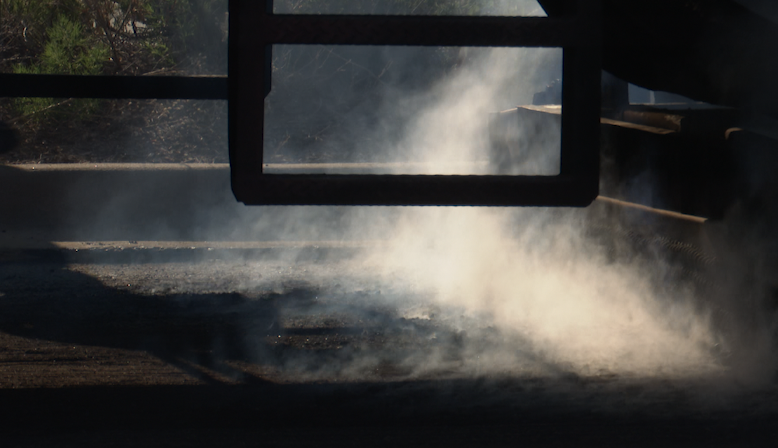
Corey Farkas, the city's manager of public works operations and maintenance, said that a machine mills, or grinds off, three inches of the four-inch base of previous asphalt; another machine later heats the old asphalt to 500 degrees and reapplies it in a 1.5-inch layer; finally, a crew covers that layer with a 1.5-inch layer of fresh asphalt which is also mixed with old material.
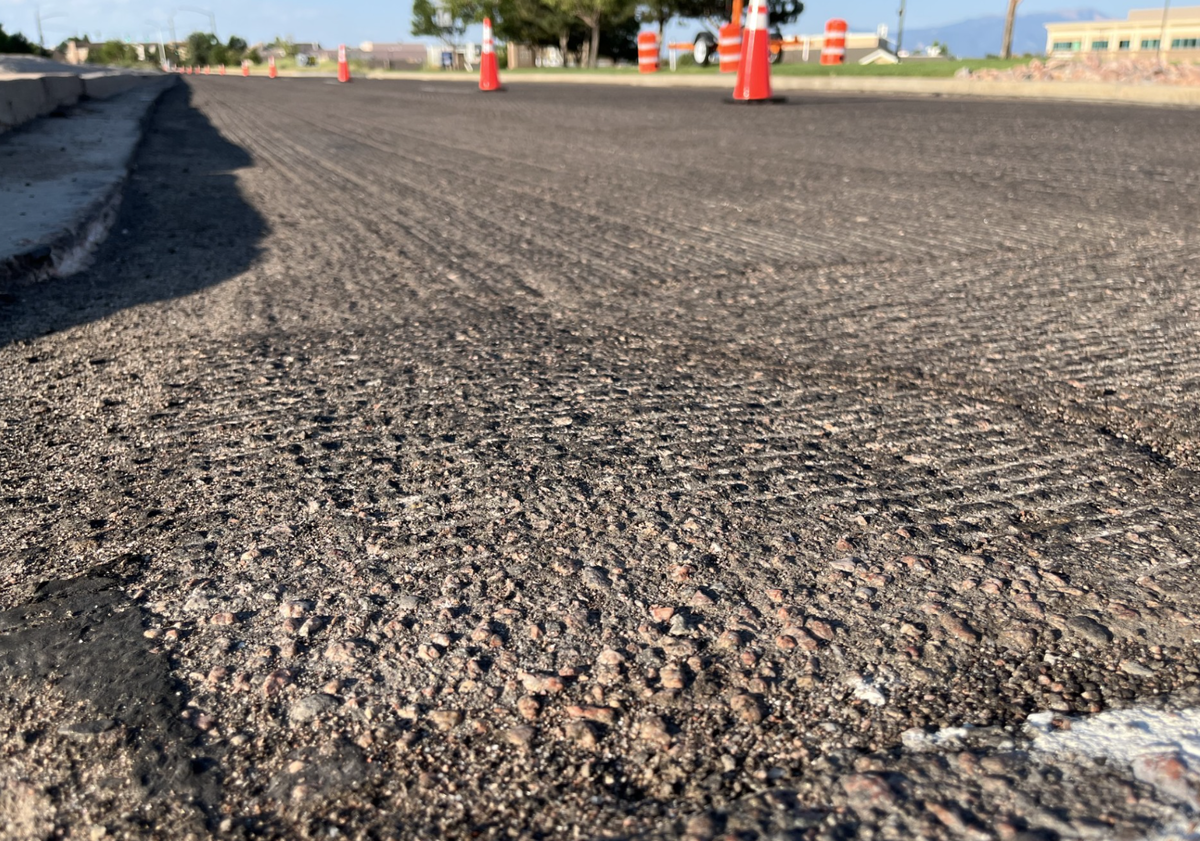
Farkas said the city decided to try the method after being invited to a similar demonstration in Littleton last year.
"We went up and watched the process go, and we thought it was a really good process," he said. "It put down a really good product. This is going to be a 10-to 15-year product. With the right maintenance, we hope to be able to extend that to 25 years."
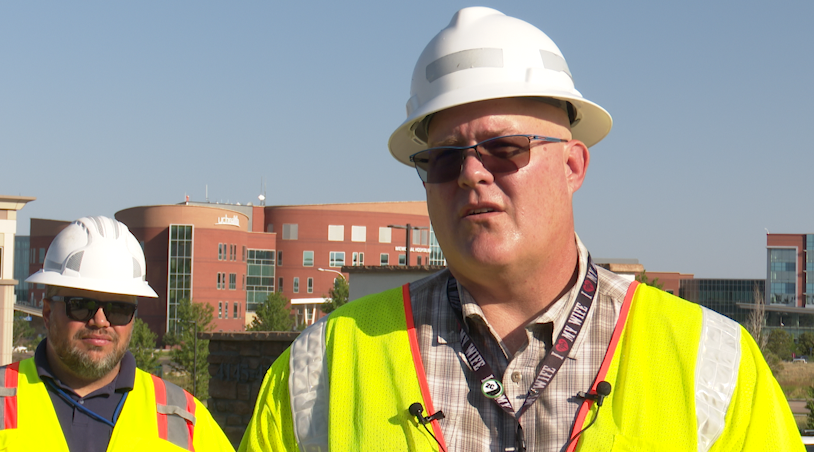
In a news release issued Thursday, the city said that the process conserves resources and saves money but Farkas said on Friday the actual degree of savings isn't known yet.
Recycled asphalt also may be used to repave parts of Wooten Road on the city's east side.
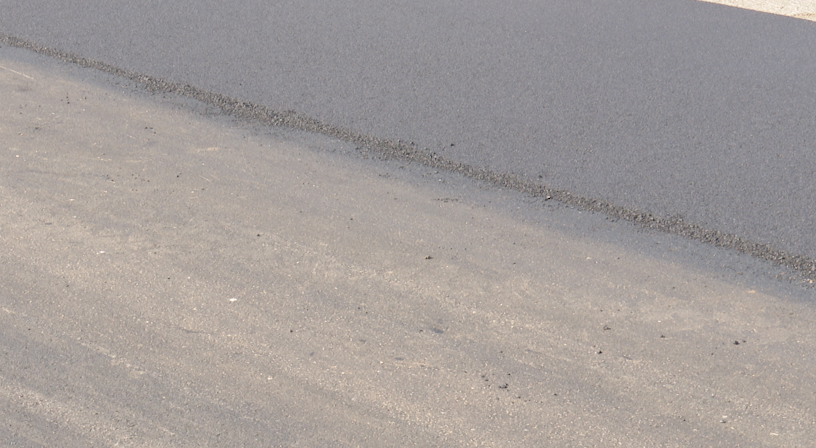
Farkas confirmed that the city used recycled asphalt possibly several decades ago but doesn't know when that use ended, or why.
That was long before any of us got here," he said.

A contractor from Lawrence, Kansas is doing the work; the recycled asphalt process can only be used on major streets because of the long train of equipment required.
The demonstration is part of the city's 2C expanded street repaving project that is in its 9th year after a voter-approved sales tax increase financed the project in 2015 and 2020.
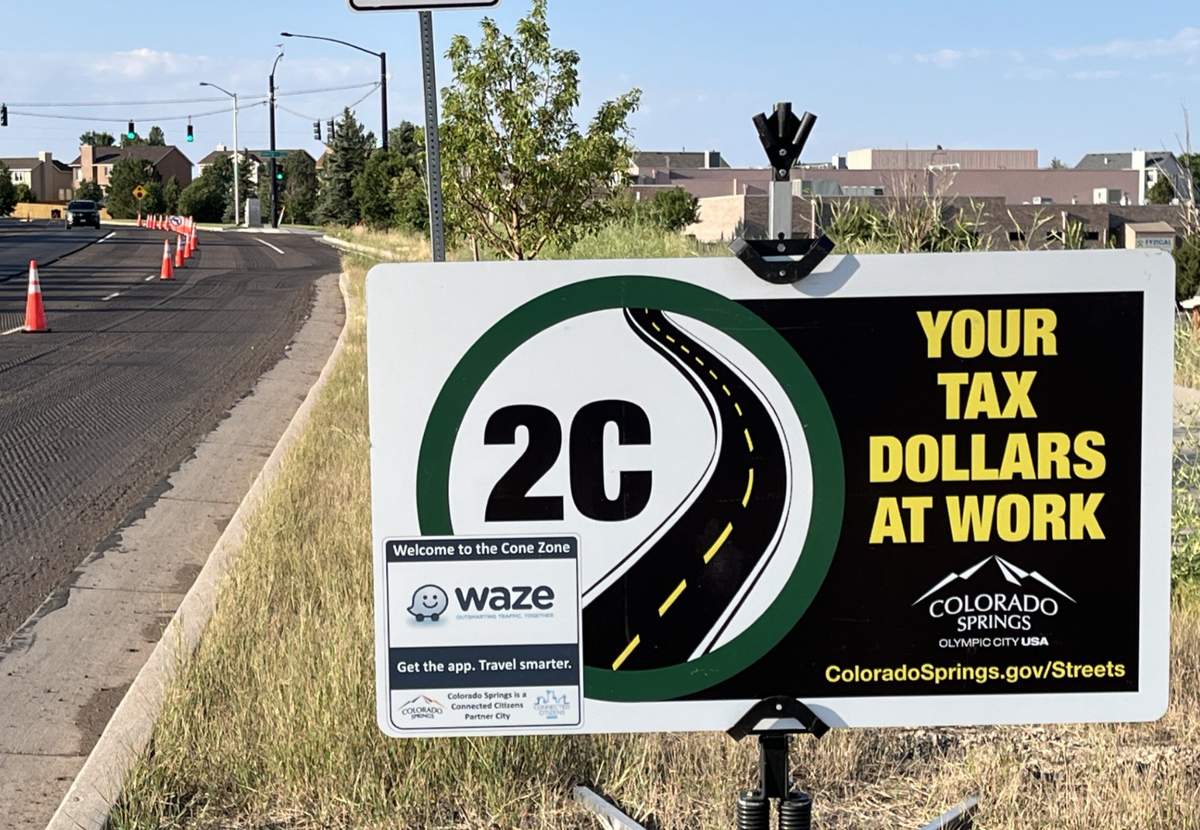
City officials will ask voters this fall to extend the tax for another ten years.
David Zelenok, a member of the 2C Oversight Committee, had this message for citizens:
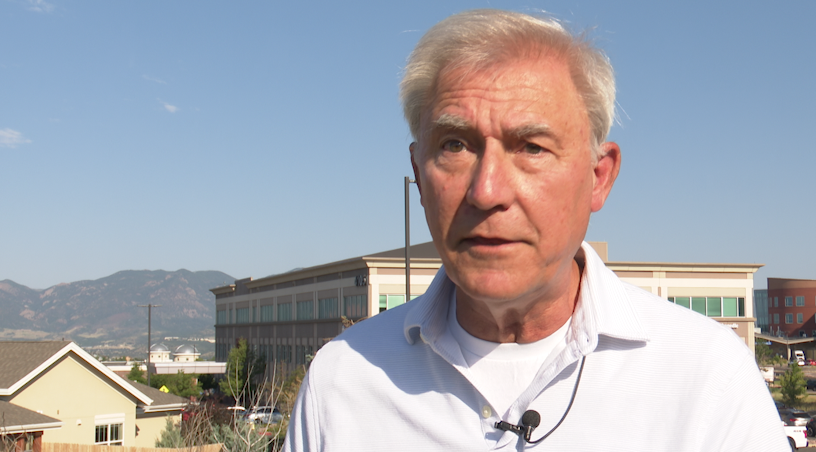
"Give the city due credit and be patient," he advised. "The city's doing all they can. They're using the most innovative techniques they can, and they'll get to your street eventually."
The city also is looking at other ways to improve paving quality and life; on some streets, they are adding Kevlar -- the same material used in bulletproof vests -- as part of the paving mix, after setting up test strips in two areas of town.
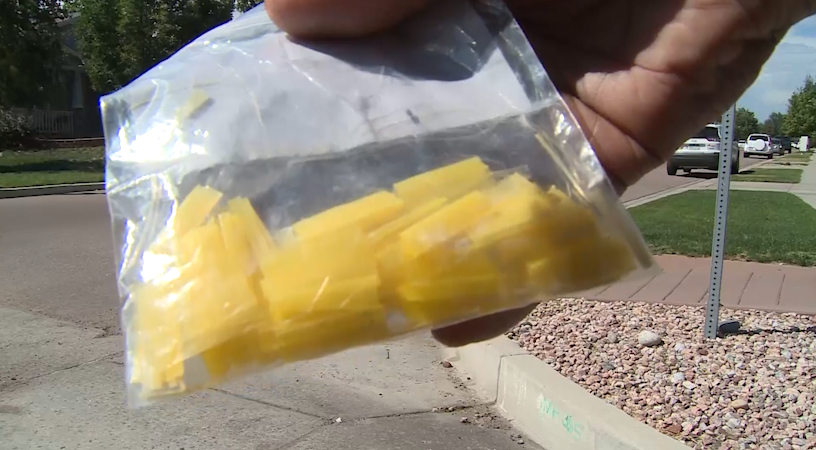
Earlier this summer, crews treated some streets near Citadel Mall with a slurry seal.
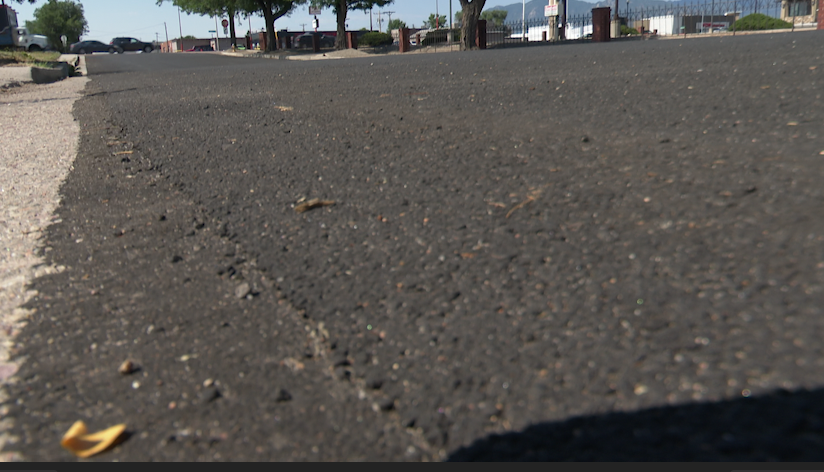
"It's an upgrade from a chip seal, in which tar is spread out on a street and covered with finely crushed rocks to extend the life of pavement," he explained. "A slurry seal is better because the tar is thicker and produces less tire noise. That makes it great for neighborhoods."

